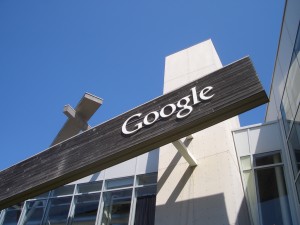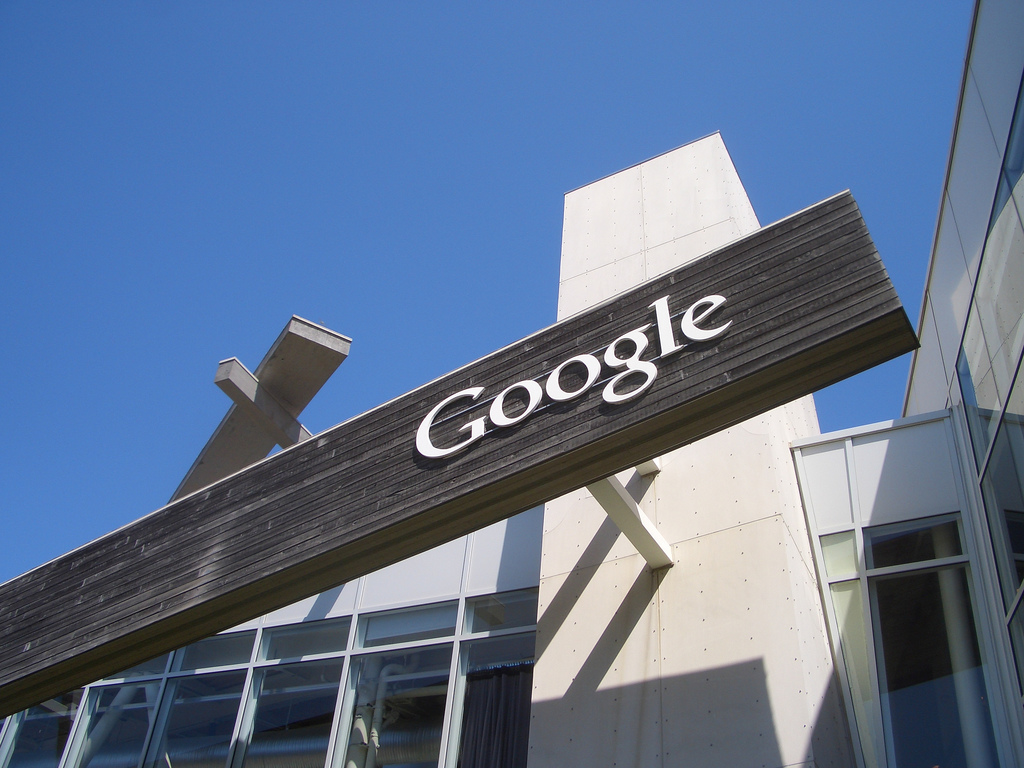Alright, so maybe the “RIP” is a little premature. But Google announced today that it’s sunsetting Google Reader as of July 1, 2013.
I guess it’s not dead yet, but it’s terminal. With only months to live. Tonight, a Twitter campaign seems to have been mounted in a desperate attempt to get Google’s attention and have somebody change their mind about the decision. I’m not aware of Google having ever reversed a decision like this due to outcry from users, but perhaps this will have some effect.
In the meantime, there’s plenty of chatter (as expected) around what a good alternative might be. The problem is this: we are now suffering from Google’s success.

Here’s what I mean.
Like most, I started out using Reader as a free tool long before Google consolidated all of its services with the single sign-on that we all originally hated when the “Big G” rolled out “Google accounts.”
Over time, my business purchased a subscription to Google Apps (For Your Domain, to be precise). So now… my Reader account (and data) is all part of a paid service that I subscribe to.
If it were just a “free” service (in quotes for reasons I’ll explain in a minute), then perhaps it would be a bit more understandable that Google would feel the liberty to just kill it off. After all… if it doesn’t generate revenue, then it’s a simple business decision to kill it off.
But… I’m a paying subscriber. I use this tool as part of my business, and ironically I was forced to place my Reader account under Google Apps because I used my primary email address with it (now hosted at Google).
All of this raises an important question:
Should We Rely On Google’s Services Going Forward?
Now don’t get me wrong. I’m not plotting the cancellation of our Google Apps account… yet. But this has forced me to think about how quick we are to adopt offerings from Google, and how likely we are to continue to entrust important business processes to their tools.
One reason we’re quick to use their services is that they’re a strong company. I’m not worried about them going out of business tomorrow. Another reason is that as a domain administrator, I have a certain comfort level in the central authentication and controls that Google grants me over our users.
In other words, if some new service sprang up tomorrow that met a need… and Google had a competitive offering (whether “free” or rolled into Google Apps), prior to now my decision would be relatively easy. Even if the competitor had a superior product or a better price, Google is the path of least resistance. My staff and I already have well-established Google accounts. There would be no need to create (and keep track of) another login. I know about Google’s promises to allow us to hang on to our data, etc.
But Google’s decision to kill Reader gives me reason for pause here.
If we rely on their services, it appears that we don’t have input into whether or not those services live on into the future.
Again… I’m not suggesting that Google continue to put resources toward a product that doesn’t produce sufficient revenue. But from what I can tell from the public outcry tonight, there are plenty of us who would gladly pay for (or pay additional fees for) a subscription to Google Reader if it were to be made available to us.
At least then we’d have the opportunity to make a choice.
This also makes me wonder how many great competitive products might have been developed over the last few years had Google not been giving away the Reader product for free. There were tons of RSS readers on the market prior to Google’s launch of Reader in 2005. Where are they now? It appears that the landscape is quite sparse today by comparison.
In other words, Google’s decision to give away the Reader product harmed competition. And now… as they kill off the product that doesn’t generate enough revenue for them to justify keeping it, the marketplace has fewer options available for users like me.
Thanks for that, Google. I’m a fan, but this really makes me stop and think twice.


Thank you for your sharing. I am worried that I lack creative ideas. It is your article that makes me full of hope. Thank you. But, I have a question, can you help me?